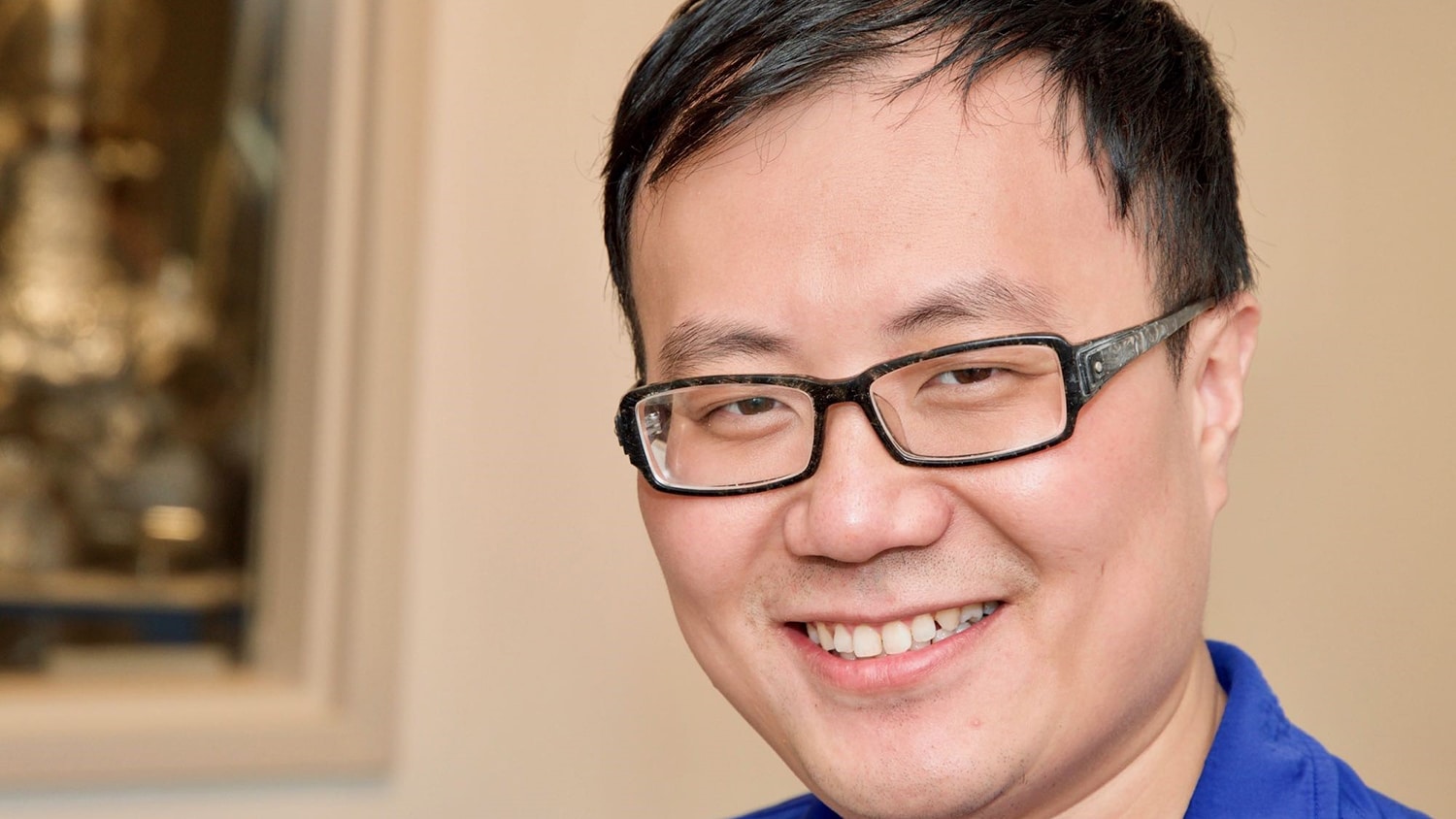The Department of Defense (DOD) has awarded Dali Sun, an associate professor of physics, and his colleagues a $7.5 million grant to study quantum spin effects in chiral matter as part of the DOD’s Multidisciplinary University Research Initiative (MURI) Program.
The funds will be disbursed over the course of five years, with NC State receiving $3.5 million of the total award amount. Sun will be the principal investigator on the project. He will collaborate with researchers from Duke University, the University of North Carolina at Chapel Hill and the University of Illinois Urbana-Champaign.
The researchers will work to better understand chirality-induced spin selectivity (CISS) in electrons, in which chiral materials leverage the quantum property of spin — rather than charge — to create current for quantum information technologies (QIS). Electron spins conventionally require the use of magnetic materials, but chiral materials generate spin from right- and left-handed structures. This “handedness” — which can’t be superimposed on similar materials with opposite handedness — allows scientists to control the electron’s spin.
The goal of the project is to create a platform to develop a universal model for the CISS effect. The research could lead to the development of new strategies to leverage QIS technologies at ambient temperatures, which would make them more energy-efficient and cost-effective.
This year, MURI has awarded a total of $220 million to 31 projects across 61 U.S. institutions. Sun was selected as one of the 31 award recipients out of 259 submitted white papers.
Since 1985, MURI has funded research teams from multiple disciplines to help develop cutting-edge technologies to address the DOD’s unique problem sets. The program has helped the DOD make strides in current and future military capabilities, as well as various commercial sector applications.
Sun’s research focuses on spintronics and optoelectronics of organic semiconductors, magnetic thin films and organic-inorganic hybrid perovskites. He earned his doctorate from the Institute of Physics, Chinese Academy of Science in Beijing in 2009. He did postdoctoral research at Oak Ridge National Laboratory from 2009 to 2011 and at the University of Utah from 2012 to 2014.
Sun joined the faculty at NC State’s College of Sciences in 2017, and is part of the university’s carbon electronics faculty cluster.
This post was originally published in College of Sciences News.
- Categories:



